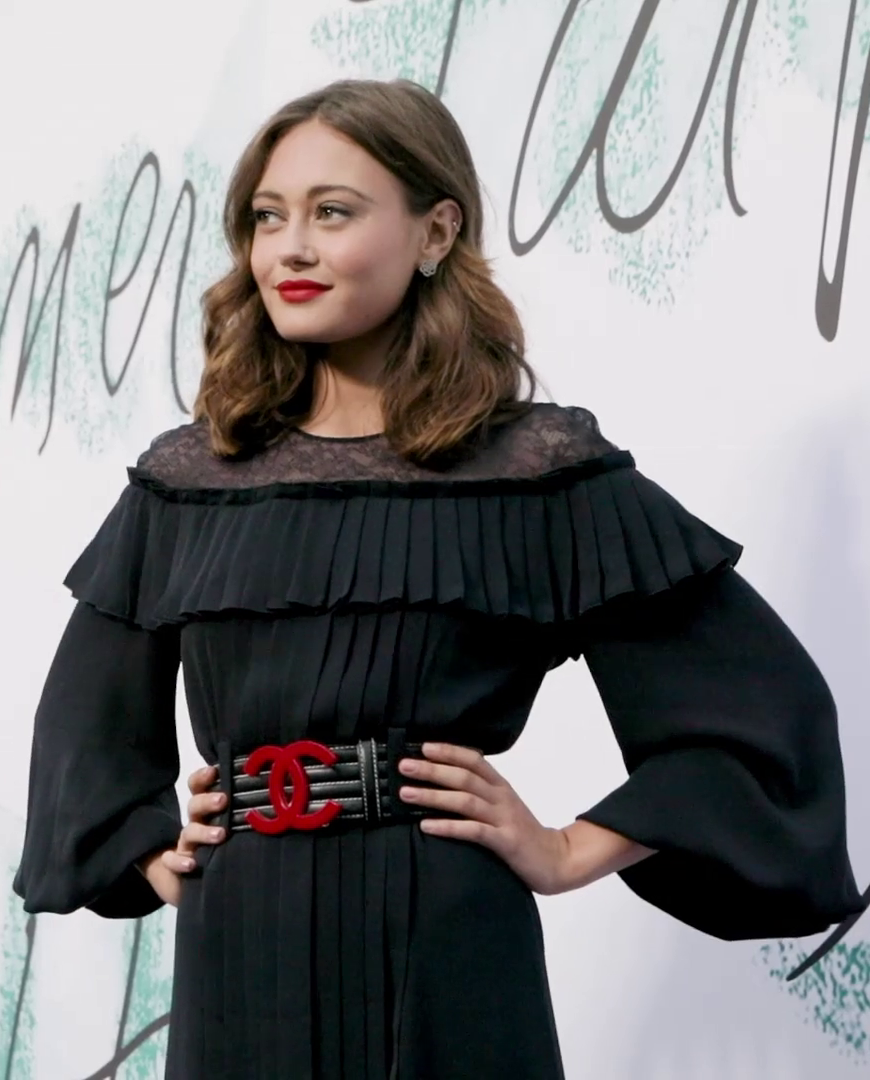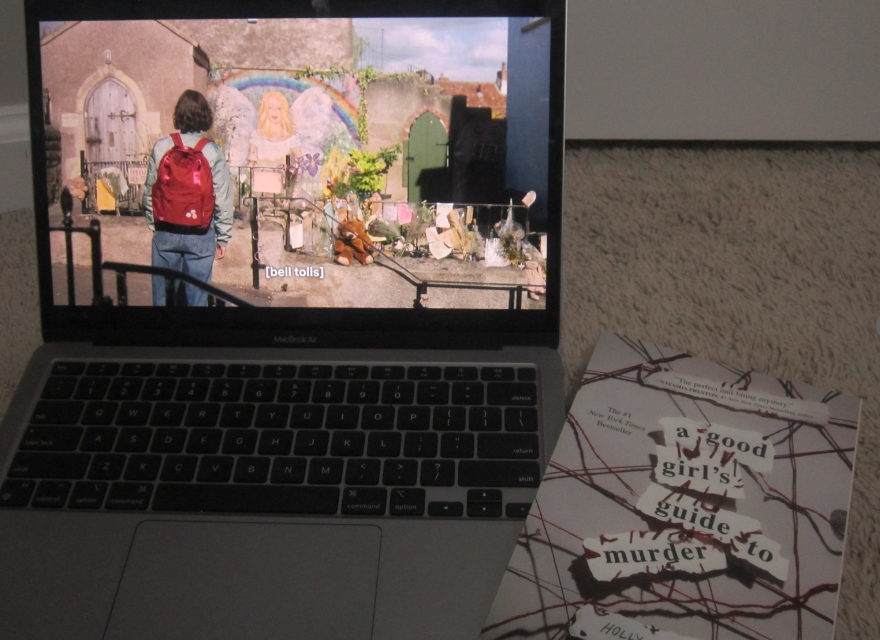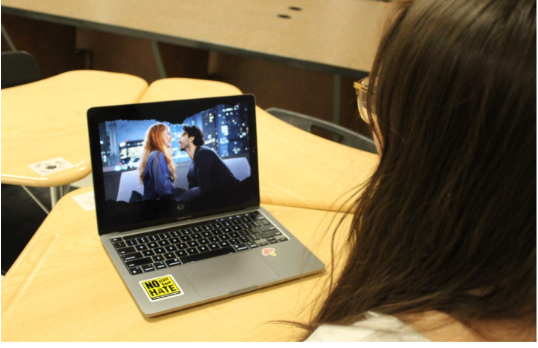A little over a year after the release and immediate success of the second season of Bridgerton, Shonda Rhimes has swept us off our feet yet again with the Bridgerton prequel Queen Charlotte: A Bridgerton Story.
Throughout both seasons of Bridgerton, an older Queen Charlotte (Golda Rosheuvel) serves as a matchmaker with a tough, almost cold, exterior, who has one vulnerability: her husband, King George (James Fleet).
Charlotte’s story and persona in Bridgerton was a prequel waiting to happen, so it’s safe to say that high expectations were set by many. Luckily, Queen Charlotte delivered everything Bridgerton fans could have hoped for, much to the thanks of the phenomenal lead actors: India Ria Amarteifio (young Queen Charlotte) and Corey Mylchreest (young King George).
Mylchreest is wonderful to watch on screen and does just as good a job at performing the king’s more lighthearted charming scenes as his more vulnerable moments, namely his mental health struggles and mania. Equally talented is Amarteifio who delivers a ground-breaking performance. Amarteifio conveys the Queen’s youthful uncertainty, strength, and transparent vulnerability but also seamlessly shadows Rosheuvel’s (the actress who plays older Charlotte) version of an older, mature, persevering Charlotte whose vulnerability is just as transparent, but for a different reason.
The prequel starts almost immediately at the wedding, contrasting from seasons one and two of Bridgerton where the weddings come later in the season or at the end. The season is set mainly in the year 1761, but shifts between two timelines, the other being the Regency era (early 1800s) which is the timeline of Bridgerton.
The show’s leads meet in arguably one of the most memorable scenes of the show when a frantic Charlotte attempts to escape the marriage by climbing over a wall and is stopped by George. This is when we are first properly introduced to the King (Mylchreest) and much like Charlotte, are instantly charmed by him. Charlotte decides to go through with the marriage after meeting George, and is for the first time since the start of the series, content with attempting to make the marriage work. However, all hope is immediately shut down when George’s initial charms wash away when he isolates her in one home on their wedding night, refusing to spend time with her. He orders her to stay away from him, even pulling the “I am your king,” card on her (yikes btw). This is when Charlotte refutes with perhaps one of the best lines of the season “I’m sorry, I thought you were just George,” which Amarteifio delivers to perfection.
The story proceeds from here with a confused and lonely Charlotte who is at a loss as to why her husband is shunning her. Meanwhile, we get to know and love some of the side characters of the show, Lady Agatha Danbury (Arsema Thomas), the young Violet Ledger (Connie Jenkins-Greig), the Queen’s right-hand man Brimsley (Sam Clemmett), and the king’s butler, Reynolds (Freddie Dennis) who’s secret romance with Brimsley is touching and easy to root for.
Bridgerton is set several years after the timeline of Queen Charlotte, therefore we are not only familiar with these characters’ personalities but their fates. Though being aware of the side characters’ eventual futures from the beginning can cause some worry that the story may become predictable, predictability doesn’t become a genuine concern until one considers that through Bridgerton, viewers are also aware of Charlotte and George’s fates, whose relationship is what the prequel centers upon. Consequently, the story of Queen Charlotte is almost told backward, and it is beautiful, from end to beginning, proving that the direction a story is told is not at all as important as how it is told.
Rhimes proves not only that she knows how to halt predictability in a story in exchange for viewer curiosity, but that she is capable of breaking the worldwide understanding that spin-offs are never as good as the original series. The prequel is well-rounded in various aspects: excellent casting and acting, a lead couple with instant chemistry, and a well-done and heartbreaking depiction of mental health struggles (shown by the king’s anxiety, mania, and later dementia), but what sticks out the most about the series is the writing throughout. From Charlotte and George’s first meeting to their first fight to their love confession, and finally, to the closing scene at the series finale, they reinforce time and time again that love isn’t magical and can’t heal all wounds, but, it is instead real and raw, and can make life worth living regardless of how deep your wounds are. This very real sentiment that love (no matter how strong) cannot in fact “conquer all” in a story so far out from reality and the modern world makes the series original rather than outlandish, a complete breath of fresh air.
Charlotte and George’s story is not necessarily a happy or sad one, but it is in its entirety a story of true love through and through, making Queen Charlotte: A Bridgerton Story arguably the best Bridgerton series yet.








